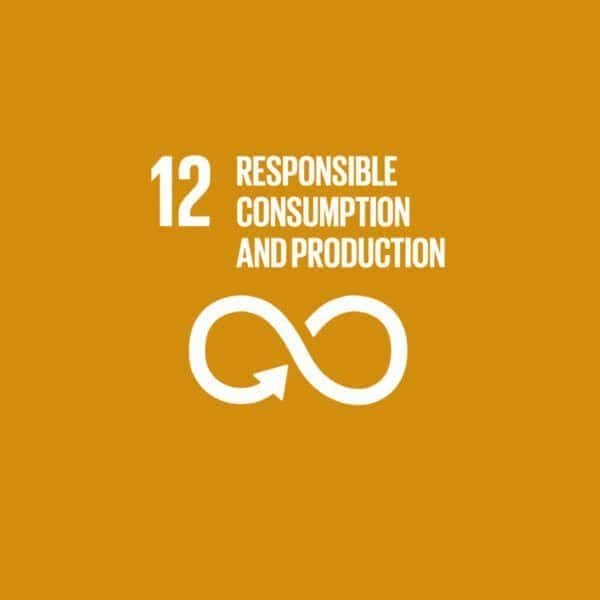
“Through education, fair incomes, and ensuring the program’s sustainability, we will have an impact on achieving more sustainable agriculture.”

Ensure sustainable consumption and production patterns.
A good harvest
Barley for beer
Ecuador’s agricultural sector plays a crucial role in the country’s economy, with over 30% of the population relying on farming for their livelihood. However, climate change and water scarcity are making traditional farming increasingly difficult, particularly for barley farmers.
Barley, a staple crop for local agriculture and brewing, suffers from prolonged droughts, leading to poor harvests and significant financial struggles for farming communities.
In 2020, Cervecería Nacional Ecuador (National Brewery Ecuador) launched Siembra por Contrato (Contract Farming), a government-backed program that provides farmers with practical help: training in sustainable farming practice, access to credit and innovative agricultural technology, day-to-day technical assistance, and financial stability through fair-price agreements, which means the price of their crop is guaranteed at the point of planting.
The climate-resilient crop
The Siembra por Contrato program’s agricultural support has helped local communities both adapt to climate change and increase productivity. For example, the program developed drought-resistant barley that enables barley farmers to maintain high yields even in conditions when water is scarce.
Farmer Maria Beatriz Lechon Tarabata has worked on the Siembra por Contrato program for four years and has seen a continual improvement with her barley crop. “Production has increased because we’ve been adjusting the whole process, from planting to harvesting, with the help of the technicians. And every year we’ve been getting better.”

Where in the world?
Cervecería Nacional Ecuador’s Siembra por Contrato program for farmers is based in Ecuador’s Andean highlands, particularly in Bolívar, Tungurahua, Chimborazo, Cotopaxi, Guayas, and Manabí – provinces that rely on agriculture, particularly barley farming, as a primary source of income.

Smart farming
Siembra por Contrato equips farmers with the technology they need to farm sustainably. The Smart Grower tool enables them to closely monitor their crops. The real-time data on soil health and crop conditions helps farmers to optimize irrigation and fertilization, reduce unnecessary waste, and improve productivity.
This is a win-win situation for both parties – the farmer, who receives a better income, and Cervecería Nacional, as the company gets a quality crop for brewing.
“With Contract Farming, we ensure that our production will be bought at a price that allows us to recover our investment, and we’ll have something left to support our family,” says José Gonzalo Yanez Imbaquingo, a barley farmer on the Siembra por Contrato program.
What does a sustainable future look like?
The Siembra por Contrato program enables Ecuadorian farmers to build a future where food security and sustainability go hand in hand, in alignment with SDG 12, which aims to ensure sustainable consumption and production patterns.
“We are certain that through education, fair incomes, and ensuring the program’s sustainability, we will have an impact on achieving more sustainable agriculture … and continue contributing to the economy,” says Martin Espinosa, Legal and Corporate Affairs Director, Cervecería Nacional Ecuador.
Did you know?
Siembra por Contrato has supported more than 2,000 farming families across Ecuador, providing them with sustainable farming techniques, financial security, and climate-resilient crops.